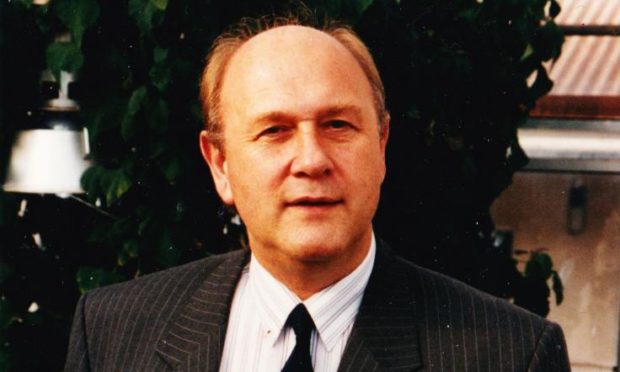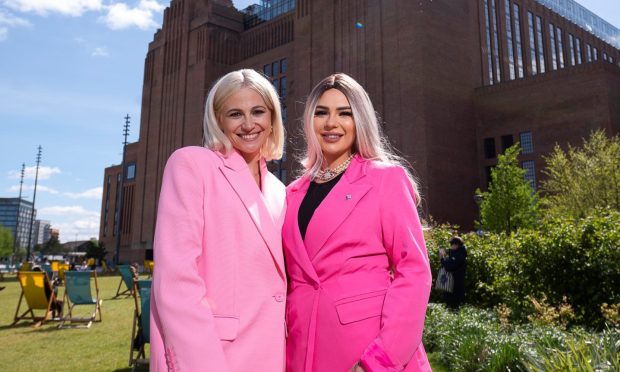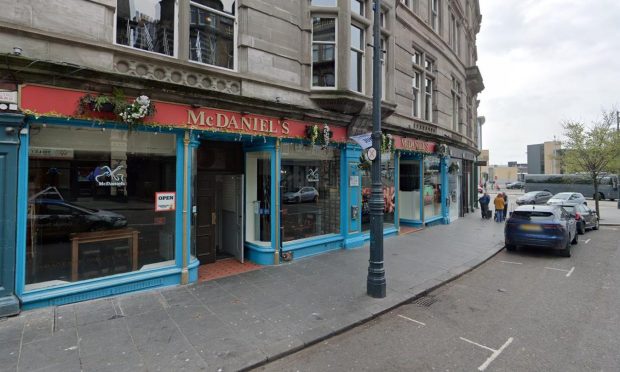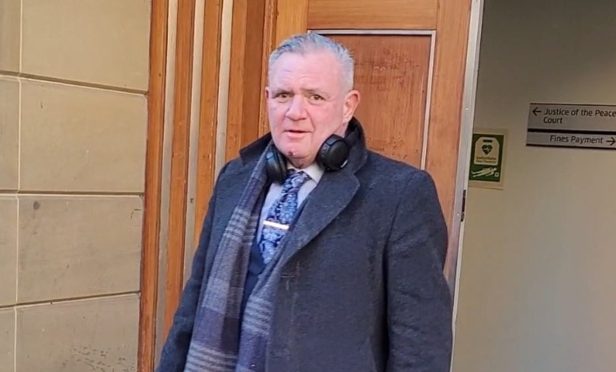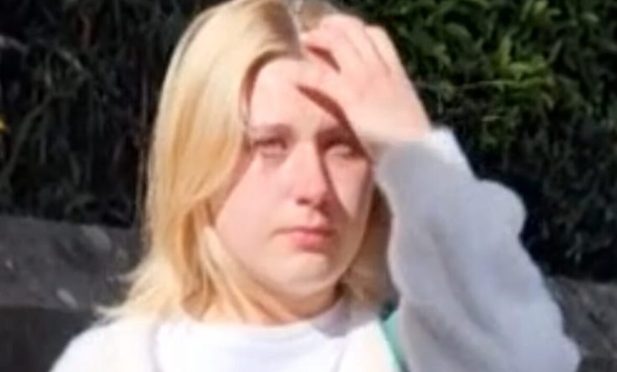Tributes have been paid to John Hillman, a professor at the now James Hutton Institute who recently died.
Mr Hillman was a prominent scientist thanks to his work at the Dundee-based Scottish Crop Research Institute, a forerunner to the James Hutton Institute.
Mr Hillman was born in Farnborourgh, Kent, and educated at Chislehurst and Sidcup Grammar School. He then gained a BSc and PhD at the University College of Wales at Aberystwyth.
Beginning his career
He started his academic career in 1968 at Nottingham University’s school of agriculture. There, he showed an interest in physiology and environmental studies.
He moved to Glasgow University in 1971, with successive appointments as lecturer, senior lecturer, and reader. In 1982 he was appointed professor and head of botany at the university.
In 1986 to moved to Dundee to become director and chief executive of the Scottish Crop Research Institute (SCRI). He remained there until his retirement in 2005.
During this time, he was also a visiting professor at the universities of Dundee, Edinburgh and Glasgow, and a member of court at Abertay University.
In the same period, he was awarded an Honorary DSc by both Strathclyde and Abertay universities.
Among his peers, Mr Hillman was recognised as a polymath with a wide range of research interests. These included many research technologies including magnetic resonance, gas chromatography and mass spectrometry.
His tenure saw the most dramatic adoption of molecular biology techniques in use at SCRI, which was matched by the creation of the most up-to-date laboratories and other facilities possible.
Other achievements
Mr Hillman chaired and served on several committees that identified the future needs of the agriculture and horticulture industries.
He was chairman of the Agriculture, Natural Resources and Environment Sector Panel from 1994-1995, for the UK Technology Foresight Programme.
He was also chairman for the Agriculture, Horticulture and Forestry Sector Panel from 1995-1997.
During his career, he also worked as:
- Member of the board of the BioIndustry Association
- Member of the Scottish Higher Education Funding Council Committee for Research and Knowledge Transfer
- Chairman of the Industrial Biotechnology Group
- Member of the Scottish NFU Regulation Working Group
- Member of the Angus, Dundee and Perth Employer Support Committee for Reservists
During his 19 years at SCRI, he founded and chaired Mylnefield Research Services Ltd. He also created the Mylnefield Trust and Mylnefield Holdings Limited and served as a director on both bodies’ boards. All of these were aimed at giving a strong commercial side to SCRI’s activities.
Among the awards he received are:
- British Potato Industry Award in 1999
- International Potato Industry Award in 2000
- Scottish Horticulture Medal from the Royal Caledonian Horticultural Society in 2003
After retirement, Mr Hillman continued his links with SCRI and subsequently with the James Hutton Institute as an honorary research fellow. He was also a trustee of the Scottish Society for Crop Research, a charity linked to the institute that disseminates research to the agriculture and horticulture industries.
Tribute
Professor Colin Campbell, chief executive of the James Hutton Institute, said: “John made an immense contribution to the development of plant science and the international status of the institute and deserves huge recognition for all he did.
“He was a highly intelligent man and his annual essays on scientific progress, not just in plant science, were masterpieces that many people read to find out what the future might hold.
“He was a frequent visitor after retirement and remained active in our associated trusts and societies and made many new friends at the institute. We will all miss him very much but are grateful for all he did for us. Our sympathies are with Sandy and all the family.”
Mr Hillman was married to Dr Sandra Hillman for 54 years. He is survived by her and their two sons, Robert and Edmund.
